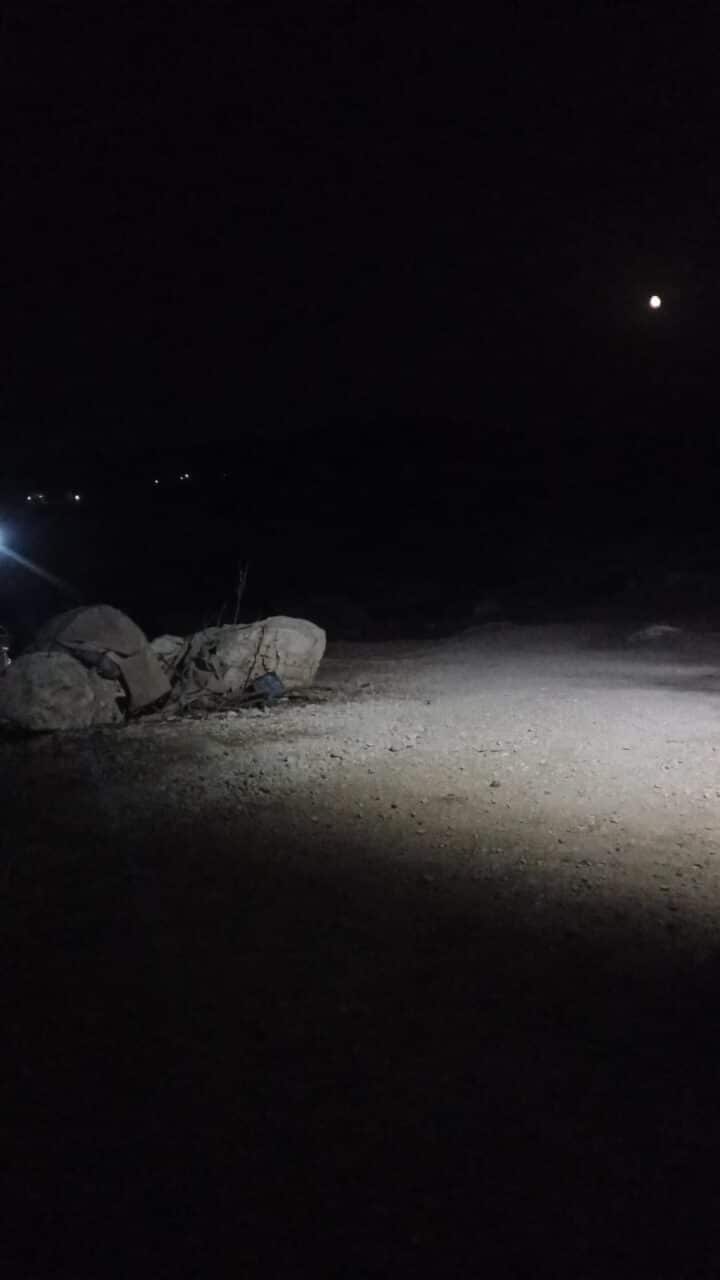Tag: settler attack
-
Settlers attack and injure Jordan Valley family in the middle of the night
Around 12:30am in the night between February 10 and 11, a group of Israeli settlers attacked the home of the Daraghmeh family in Khirbet Samra, Northern Jordan Valley. Members of the family, who were awake to watch over their property, saw one settler close to one of the sheep pens, most likely planning to steal…
-
Israeli settlers, backed by army, attack family in Hammamat Al-Maleh
Saturday 27 December — Israeli settlers stormed Hammamat al-Maleh, in the Northern Jordan Valley. They forced their way into Burhan Ali Daraghmeh’s home, beating his 12-year-old daughter and two of his grandchildren. The settlers called for reinforcement, and as more settlers showed up, they started vandalising multiple homes and assaulting the women of the community.…
-
Armed Settlers Terrorize Ibziq, Assault ISM Volunteers
On the night of August 11th, two ISM volunteers were assaulted, beaten, and robbed by a mob of at least eight armed settler reservists dressed in full military-style uniforms in the rural shepherding village of Ibziq. The volunteers were engaged in protective presence, which includes documenting illegal intrusions into Palestinian communities and recording and opposing…



